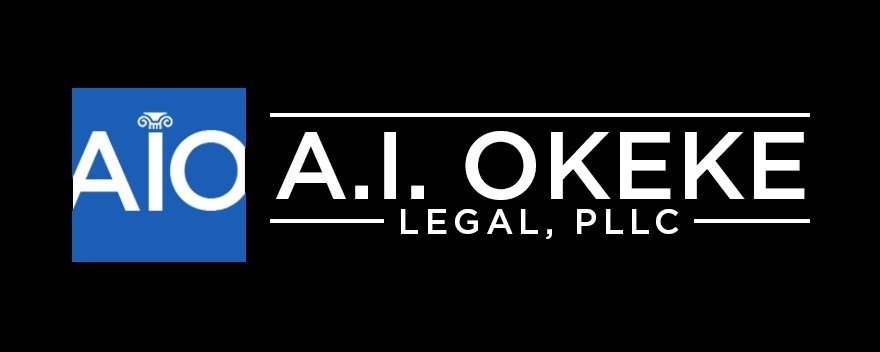Breaking the Rules: The Game-Changing Impact of NIL Deals on NCAA Regulations and the Future of College Athletics
Name, image, and likeness (NIL) deals are a hot topic in the world of sports. For years, college athletes have been prohibited from earning money from their own image and likeness, while their universities and the National Collegiate Athletic Association (NCAA) have profited from their talent. However, a recent Supreme Court ruling has changed the game, allowing college athletes to profit from their NIL rights. In this article, we will discuss the future of NIL deals in sports, and how they are likely to impact athletes, universities, and the sports industry as a whole.
What Are NIL Deals?
NIL deals refer to the rights that athletes have to their own name, image, and likeness. This includes everything from their social media presence, to their endorsement deals, to their appearances in video games and other media. Prior to the recent Supreme Court ruling, college athletes were not allowed to profit from their NIL rights, and were required to sign them over to their universities as a condition of their athletic scholarships.
However, the Supreme Court ruling changed that, stating that the NCAA's rules prohibiting college athletes from receiving compensation for their NIL rights were in violation of antitrust laws. This means that college athletes are now free to earn money from their own image and likeness, and can sign endorsement deals and participate in other commercial opportunities without fear of losing their eligibility.
The Future of NIL Deals in Sports
The future of NIL deals in sports is likely to be shaped by a number of factors, including the actions of individual athletes, the policies of universities and athletic conferences, and the evolving regulatory landscape.
One thing that is certain is that NIL deals have the potential to radically reshape the economics of college sports. With athletes now able to earn money from their own image and likeness, universities may no longer be able to justify the massive revenues they generate from sports programs. This could lead to changes in the way that sports programs are funded and operated, and could even lead to the elimination of some programs altogether.
On the other hand, NIL deals could also be a boon for athletes, allowing them to earn a fair share of the profits generated by their own talent and hard work. This could help to level the playing field, giving athletes from less prestigious schools and smaller sports programs the opportunity to earn money and build their own brands.
Conclusion
NIL deals represent a major shift in the way that college athletes are able to earn money from their own talent and hard work. While the full impact of this change remains to be seen, it is clear that NIL deals have the potential to radically reshape the economics of college sports, and to empower athletes in new and exciting ways. With the implementation of NIL deals, it is more important than ever for college athletes to seek the advice of an attorney when negotiating their contracts. An attorney can help to ensure that the athlete's rights and interests are protected. Attorneys can also provide valuable legal and business advice, such as how to structure the deal and how to avoid potential legal pitfalls. In addition, an attorney can help to negotiate fair compensation for the athlete, and ensure that the terms of the deal are in compliance with state and federal laws. As such, it is highly recommended for college athletes to seek out the assistance of an experienced attorney when pursuing NIL deals.
With the new NCAA rules allowing college athletes to earn compensation from their NIL, our law firm can provide legal guidance on navigating NIL deals. From reviewing contracts to negotiating terms, our experienced lawyers can assist athletes in securing fair compensation for their name, image, and likeness. Contact us today to schedule a consultation and learn how we can help you maximize your earning potential.
Disclaimer: This article is intended for informational purposes only. It is not intended to be a substitute for professional legal advice or judgment. Readers should not act upon the information contained in this article without seeking professional legal counsel. This article has been created with the assistance of an AI language model.
Footnotes:
National Collegiate Athletic Association v. Alston, 141 S. Ct. 2141 (2021).
NCAA adopts interim name, image and likeness policy June 30, 2021, https://www.ncaa.org/news/2021/6/30/ncaa-adopts-interim-name-image-and-likeness-policy.aspx.

